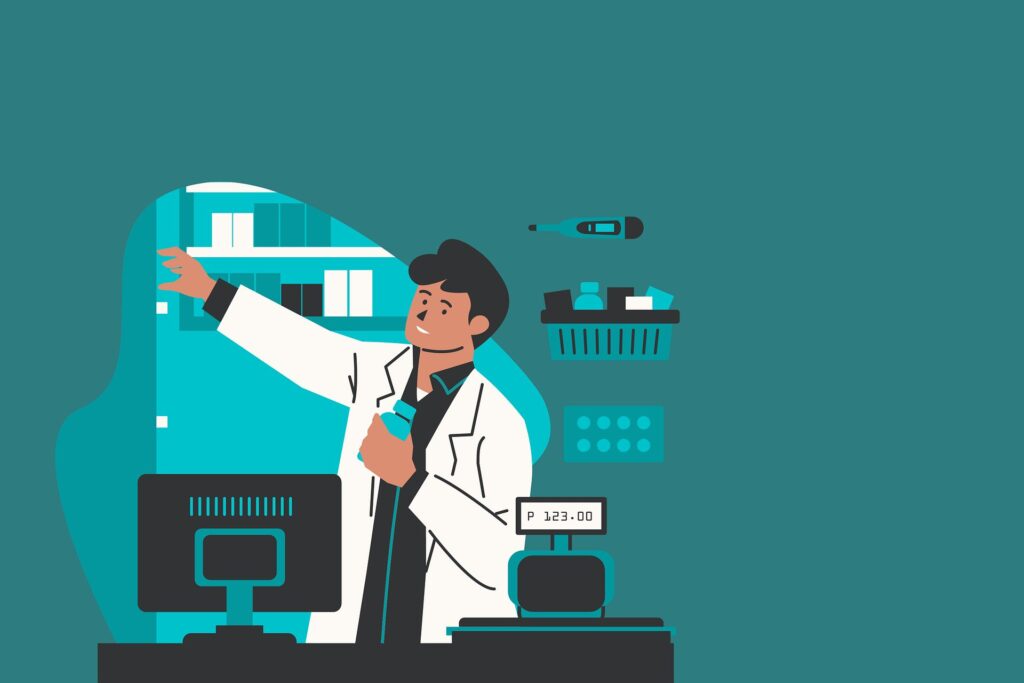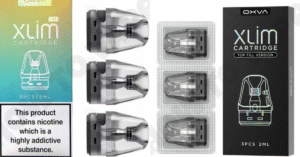
Counselor and Therapist Digital Marketing Agency
Is Your Mental Health Practice Struggling to Get Clients? Are you a counselor or therapist trying everything—Instagram posts, a decent website, Google My Business, and still struggling to attract the right clients? You’re not alone. The U.S. mental health industry is expanding fast, but so is the competition.
Traditional marketing isn’t enough anymore. Your practice needs a strategy that understands HIPAA compliance, ethical ad copy, psychology-driven content, and SEO specific to therapy services.
This is where a counselor and therapist digital marketing agency steps in. These agencies are built specifically for professionals like you. They don’t just throw generic tactics at your practice—they use psychology-aligned marketing strategies, reputation management, and audience segmentation that actually convert leads into long-term clients.
Let’s break down what to expect when you hire one.
What Does a Counselor and Therapist Digital Marketing Agency Actually Do?
A counselor and therapist digital marketing agency focuses on helping licensed professionals grow ethically and legally in the digital space. These agencies specialize in tools that other industries don’t often require.
1. Tailored SEO for Therapy Services
Search engine optimization is not about throwing keywords everywhere. For therapy and counseling practices, it means optimizing for service intent: terms like “trauma therapist near me” or “licensed anxiety counselor in Dallas.” These agencies use:
- Schema markup for healthcare
- Geo-targeted landing pages
- Intent-driven keyword clustering
The aim is to position your practice at the top of local search without violating ethical boundaries or HIPAA.
2. HIPAA-Compliant Lead Generation
Unlike restaurants or clothing brands, mental health businesses can’t just run ads with reviews or testimonials. Everything must follow HIPAA guidelines. A specialized agency knows how to create trust-building landing pages, retargeting campaigns that don’t breach privacy, and call-tracking systems that are HIPAA-compliant. You can expect them to use secure form fills, privacy-shielded remarketing, and SSL-integrated contact strategies.
3. Psychology-Based Content Strategy
Generic blog posts won’t work. A therapist’s audience needs clarity, empathy, and a reason to act. Agencies build editorial calendars based on user behavior and psychological principles. You’ll get:
- Condition-specific content (e.g., EMDR, CBT, trauma therapy)
- FAQ-based articles tied to real patient questions
- Case studies written under compliance standards
They ensure your blog speaks like a clinician—not like a marketer.
How They Use Ads Without Violating Ethics
Advertising for mental health services is sensitive. A counselor and therapist digital marketing agency knows how to build ad funnels that bring in qualified leads without compromising integrity.
1. Google Ads That Pass Compliance Filters
Therapist ads often get flagged on Google due to wording or assumed diagnoses. An experienced agency understands how to write ad copy that targets service-based intent rather than clinical terms. This reduces disapprovals and improves click-through rates.
2. Meta Ads Built for Emotional Search Intent
People don’t go on Facebook or Instagram looking for therapists. But they may pause when they see a message about healing or stress relief. These agencies design creative that speaks to emotional triggers—without making false promises or violating ethics.
3. Budget Allocation for High-Converting Channels
Instead of spreading your ad dollars thin, a good agency runs A/B tests on multiple platforms, LinkedIn for EAP referrals, Google for emergency services, and YouTube for educational outreach. They double down where the highest conversion happens.
What to Expect from Their Reporting and ROI Tracking
When you hire a counselor and therapist digital marketing agency, expect precise, HIPAA-safe analytics. These aren’t just vanity metrics like clicks and likes. You’ll get actionable data that shows how marketing brings actual new clients.
1. Monthly Reports with Clinical Insights
Your report isn’t just about bounce rates. It connects traffic trends with client intake forms and appointment bookings. It shows which service pages are performing and what needs revision.
2. Call and Form Tracking That Keeps You Secure
Phone calls and contact forms are tracked for marketing success—but only through platforms that mask client data. The agency should integrate HIPAA-compliant tools like CallRail (with BAA agreements) and encrypted form plugins for WordPress.
3. Ongoing Optimization, Not Just Launch
Digital marketing is not a one-time setup. It’s iterative. The agency should revisit your campaign strategy every 30 to 60 days to revise ad copy, fine-tune keyword strategies, and adjust bidding structures.
Benefits You Can Expect Right Away
Here’s a quick summary of what changes you’ll start seeing after working with a good agency:
- A sharp rise in local Google traffic from qualified leads
- Increased calls from clients who already trust your credentials
- Higher ranking for specialty services (e.g., trauma therapy, couples counseling)
- Better clarity on what marketing actually brings revenue
Final Thoughts
If you’re still managing your own marketing, or letting a generalist agency run it—you’re probably wasting time and budget. Hiring a counselor and therapist digital marketing agency gives you an edge because they know your profession, your clients, and your ethical limits.
You’re not just buying clicks or traffic, you’re investing in a partner who understands how therapy practices grow. Get an agency that respects your license, optimizes your reputation, and helps build long-term client pipelines.
Ready to expand your therapy practice the right way? Start by talking to an agency that speaks your language.
FAQs
1. Why can’t I use a regular marketing agency for my therapy practice?
Most generalist agencies don’t understand HIPAA, ethical ad copy restrictions, or how to target clients without violating privacy. A specialized agency knows all this.
2. How do they keep marketing HIPAA-compliant?
They use tools with BAA agreements, avoid sharing client reviews publicly, and build ad copy that doesn’t mention diagnoses or results.
3. Will I get more clients or just traffic?
A focused strategy brings qualified leads—people ready to book. These agencies go beyond vanity metrics and connect marketing with actual appointments.
4. What if I only need SEO or content, not full marketing?
Most agencies offer service modules: SEO-only plans, content-only retainers, or ad management. You can start where you need the most help.
5. How fast will I see results?
SEO may take 3–6 months, while paid ads often generate leads in 2–4 weeks. Combined, you build a strong short-term and long-term funnel.





